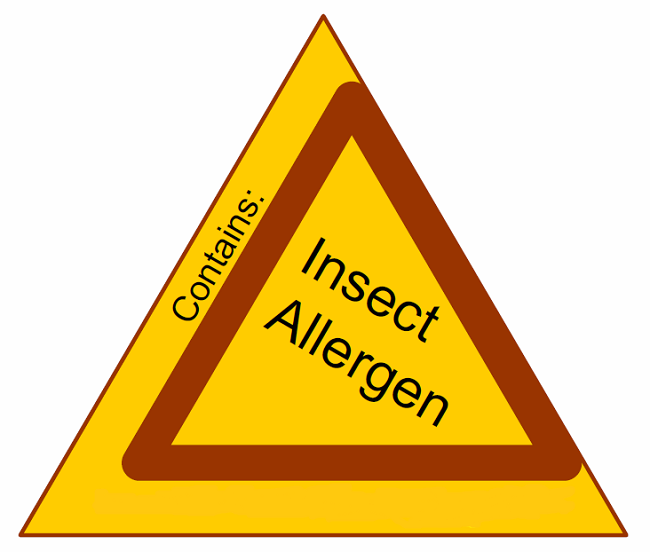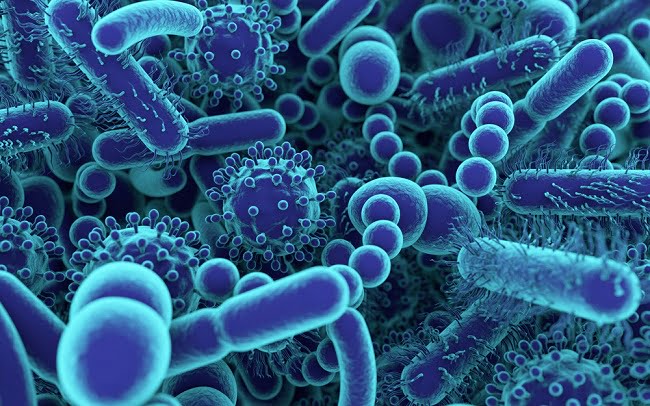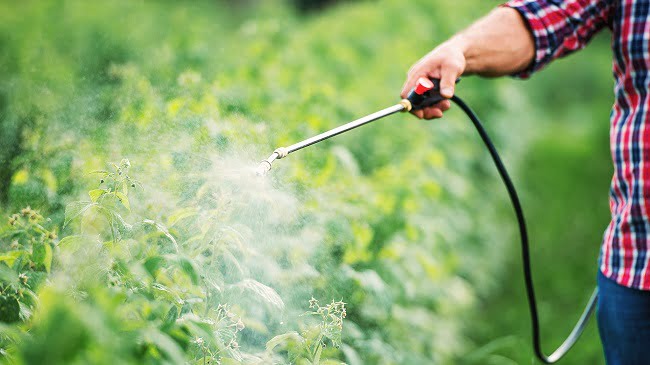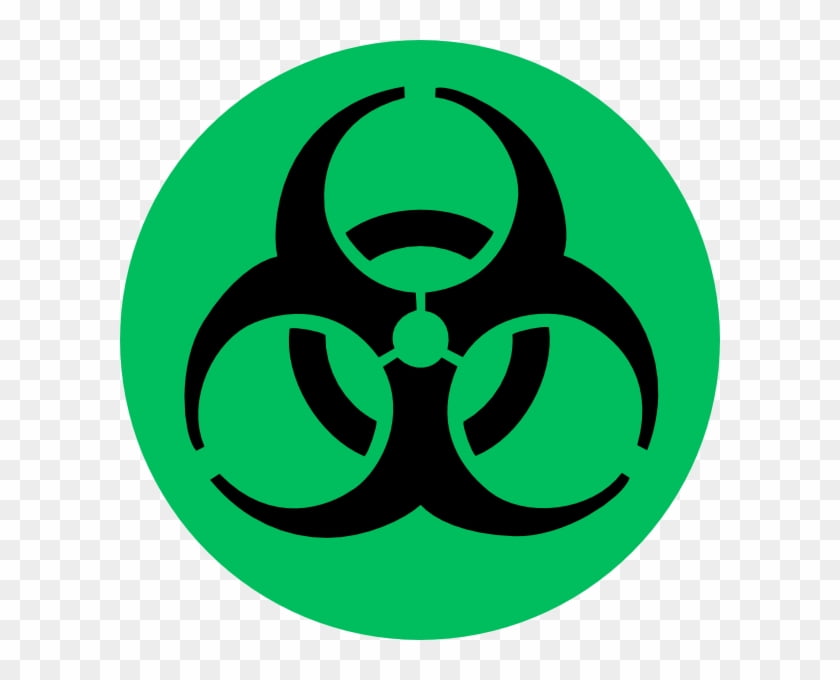Although most experts agree that the benefits are significant enough to outweigh the risks, you should know more about the cons of eating insects before you jump in and try out the delicacy yourself.
Allergen

Although insects have been consumed as food for generations in some parts of the world, there is still very little known about how they might affect our bodies. It’s well known that food allergies are becoming an increasing problem. Eggs, shellfish, almonds, and milk, formerly thought to be harmless, are now frequent allergens. One study found that insects have the same capacity to trigger allergic reactions as crustaceans (like shrimp and lobster). This is because insects and crustaceans are both classified as arthropods. Thus, if you have a shellfish allergy, you may want to steer clear of cricket flour or roasted grasshoppers.
Bacteria

Many insects feed on decaying matter: rotting food, animal corpses, and human waste, which is full of bacteria. This is a common danger associated with wild-caught insects. It has also been found that insects can carry parasites that are harmful, even deadly. Unfortunately, many insect farms in Asia don’t necessarily obey high hygienic standards. More research is needed before we know for certain how safe it is to introduce insects as a dietary staple.
Anti-nutrients
Anti-nutrients are substances that interfere with the body’s ability to absorb and use protein. Some common anti-nutrients are phytic acid, tannins, and lectins. Some insects have been found to have small amounts of these anti-nutrients. We still don’t know much about the levels of anti-nutrient substances in insects. More research is needed to find out whether they are significant.
Pesticides

One study discovered low quantities of several dangerous substances. The amount is similar to what you’d find in most animal-based diets. However, we cannot overlook the reality that the use of pesticides in the production of edible insects is largely unregulated, and hence, using insects as a food source does pose some risk.
Toxins

There are many different kinds of insects that are poisonous. Unless you have a death wish, these are inedible. For example, bees and certain kinds of ants carry toxins inside of them in order to ward off predators. Those same toxins can be dangerous if you eat them. If you want to try out what these bugs taste like, find out which ones are edible first.

